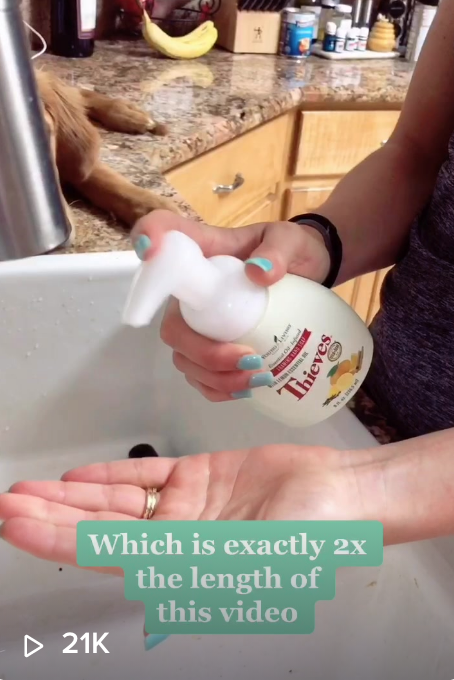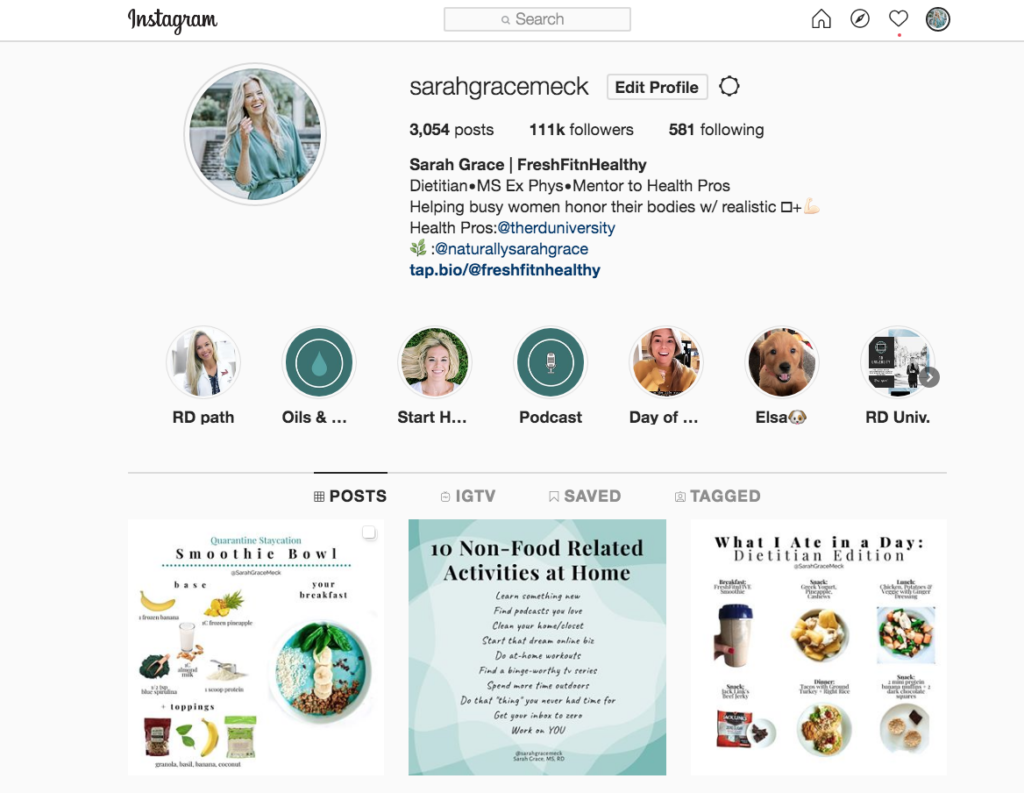Our immune system is a wonderful thing! I’m going to be doing an “immunity series” on here in the next few weeks, but today I want to focus on the major, broad Do’s and Don’ts.
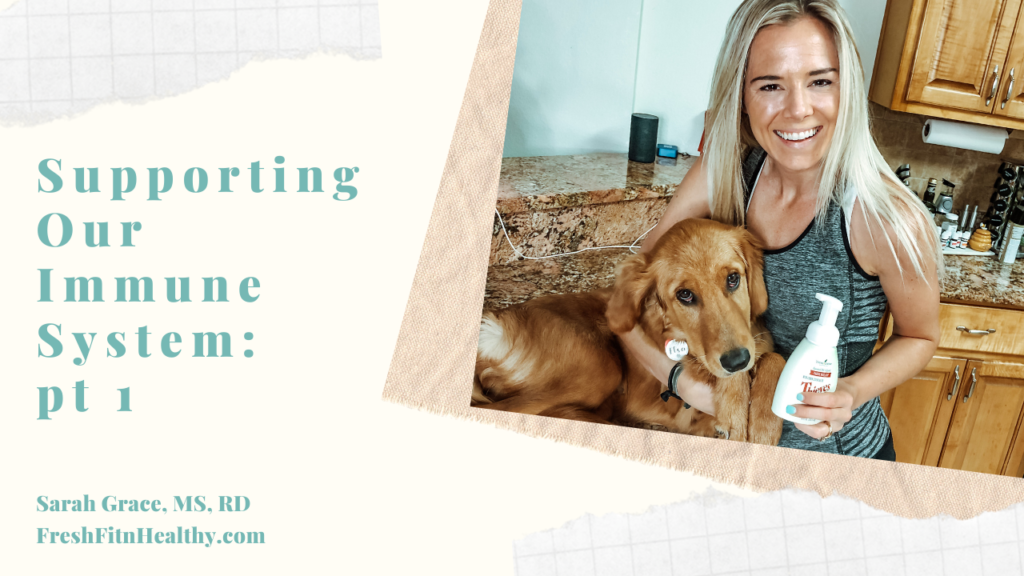
Our Immune System Overview
It protects us from harmful pathogens– such as viruses and bacteria–and keeps us healthy. It is our immune system that will make us feel sick when we get a cold or the flu.
What happens to the immune system when we are sick?
- It produces a fever to kill invading pathogens.
- When the immune system responds to invading pathogens it leads to inflammation and body aches.
- We feel fatigued because our body is using our energy to fight the invading organisms.
We know when we are sick because of how our immune system responds. It makes us feel unwell. But what about the times that we do not get sick? We are constantly exposed to pathogens and disease and yet we do not always get sick. Why? It is because our immune system fights it off before it actually becomes an issue leading to a larger fight.
While this seems simple it is not–we could go into all the types of immune cells there are etc etc but overall all we need to know is that the stronger and more functional our immune system is the better equipped it will be to fight disease.
So let’s talk about the GREATEST ways to support our immune system, and the new few blogs in this series will go more in depth on specific nutrients!
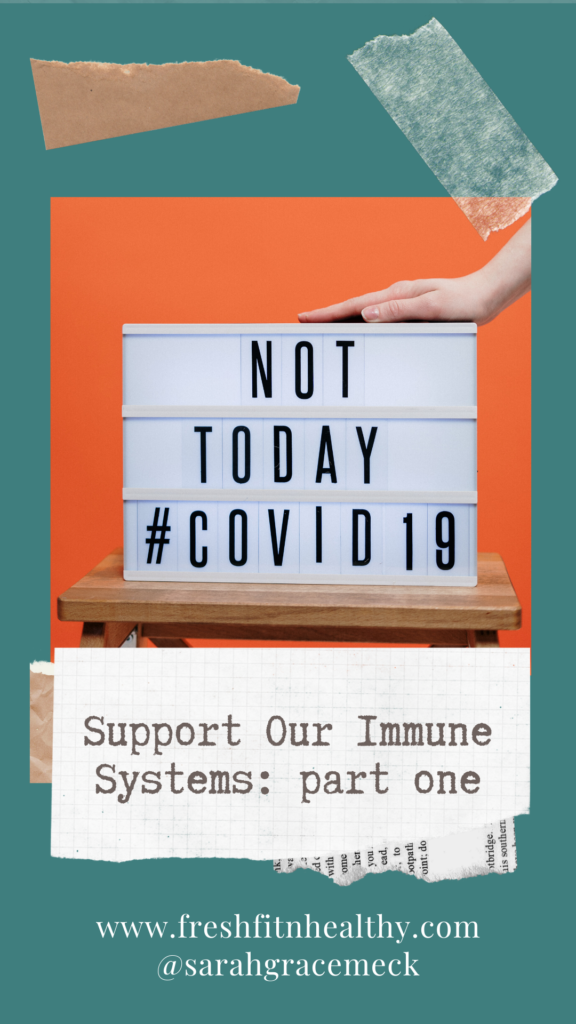
The Key Ways to Support Our Immune System
1. Above all, personal hygiene and washing our hands!
You may think as a dietitian, I’d say the most important way to stay healthy is through diet. And even though that DOES play a role as you’ll see later on in this post, one thing goes above it all.
And it’s NOT those “immunity boosting supplements” your feed is currently promoting through this all.
It’s washing your hands and practicing good personal hygiene.
I love the #SafeHands challenge, and seeing how everyone is washing their hands for the full 20 seconds minimum. Especially THIS video by Jack Link’s Jerky. I couldn’t stop laughing, but it also had the best message in it. WASH. THOSE. HANDS. For the ‘right way” to wash your hands, follow the @WHO ‘s guidelines!
So I decided to make MY OWN version 🙂 Tap the image to watch the video!
2. Physical Distancing & Routine Home Cleaning
This one is so so key – even above diet as well! Especially during these quarantine times, listening to the advice of physical distancing, or what you may see as “social distancing”. But let’s be honest, I connect with you all daily through online, so I don’t see it as a social distancing, but more so a physical one 🙂
And for the cleaning aspect, this is something we may overlook but really important! Those surfaces we come in contact with a lot like doors, kitchen counters, etc… should be wiped down daily with a cleaner that has at least 60% alcohol. I use the Thieves cleaning line to stick to toxic-free cleaners!
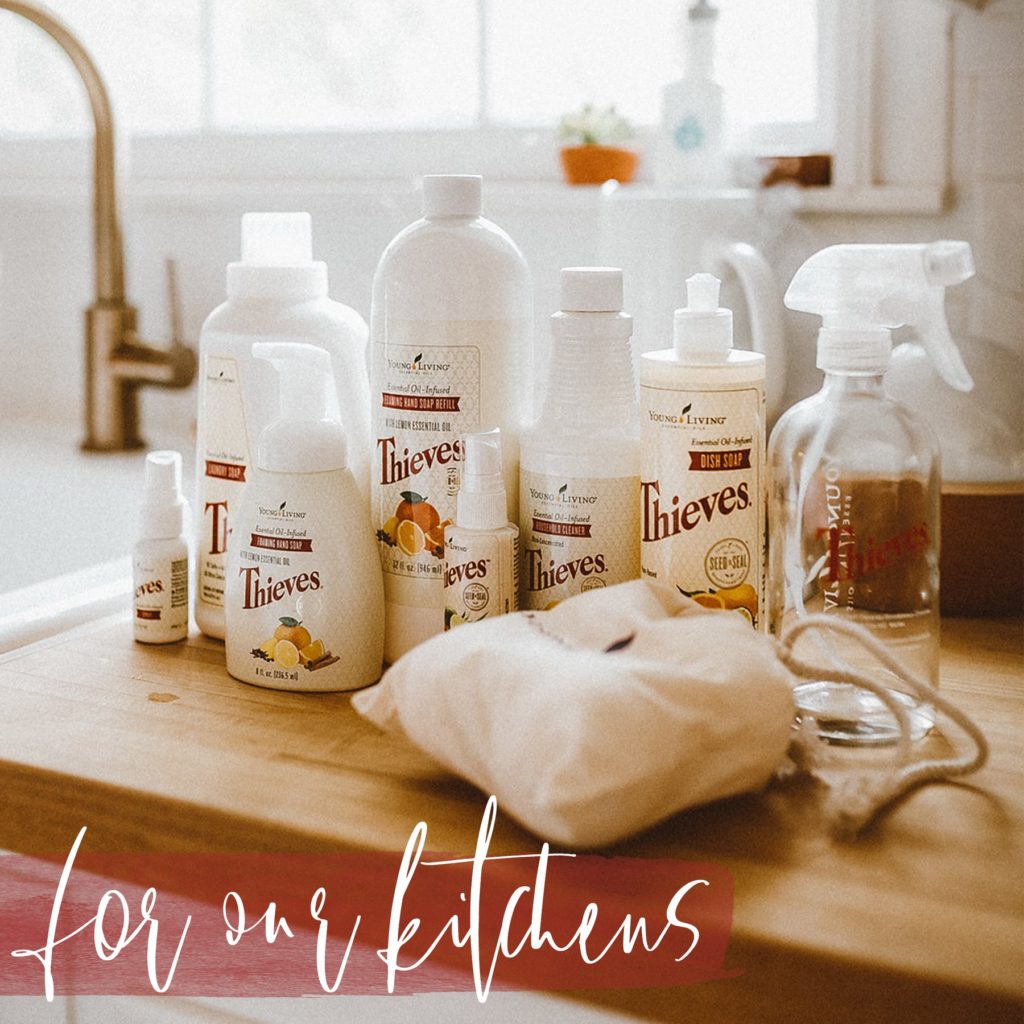
3. A Healthy Diet
A healthy diet is paramount to a functioning immune system.
Maintaining a healthy diet and lifestyle is not just about “looking good”—far from it–a healthy diet and lifestyle help support our body to keep it functioning optimally.
In other words, the food we eat either supports our immune system thus promoting health OR it could very well do the opposite.
Eating a healthy diet promotes health and can help protect against type 2 diabetes, hypertension, and other diet/lifestyle related conditions — all of which lower our immunity.
Plant foods are especially helpful in supporting the immune system. The phytochemicals and antioxidants in plants reduce oxidative damage–stress– in our body thus lowering inflammation and supporting immunity.
Along with plant foods, there are many herbs and spices that help reduce inflammation in our body and support our immune system in various ways! To learn more about the benefits of herbs and spices for our health stay tuned for part 2!
And above all, a diet that is balanced with the #freshfitnFIVE is key — meaning lots of good lean proteins (think chicken, turkey, seafood, jerky, greek yogurt, and more), smart carbs (whole grains, starchy veggies, fruits), healthy fats (fatty fish, avocados, oils, nuts, seeds), fiber (berries, oats, leafy greens, chia and flax seeds, and more), and last of the “FIVE” is boosts — boosting the meals with natural flavors like herbs and spices! Something we will be talking about more soon!
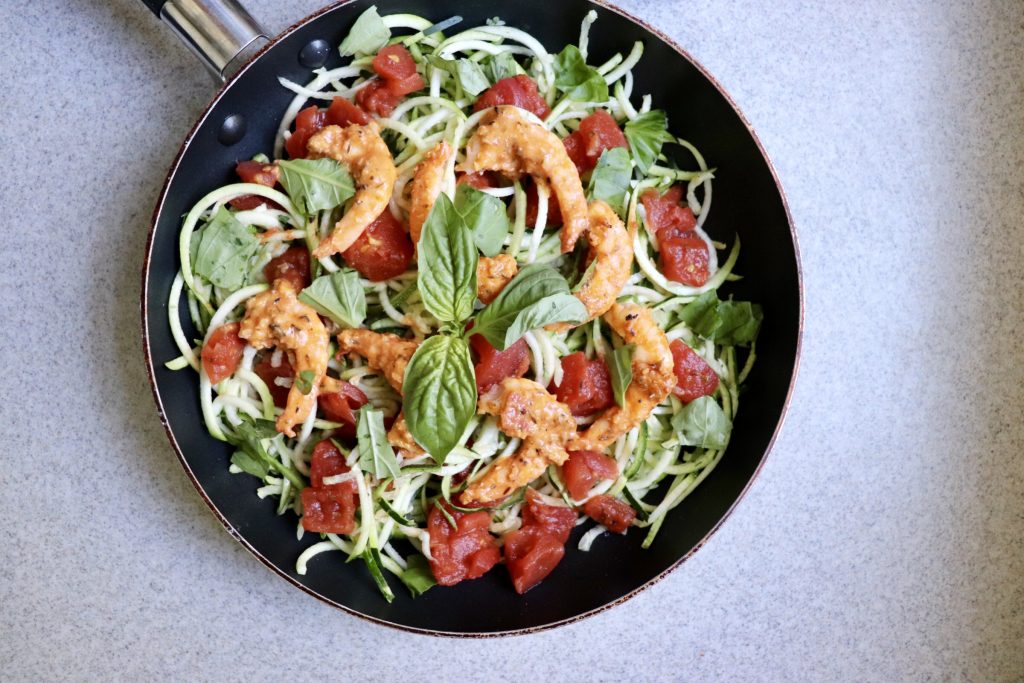
What food to decrease:
Note, I didn’t say “avoid”, because I do believe all foods can fit. It is not required to only eat celery and carrots and subsist upon the sun for energy–far from it. These foods below can fit into a healthy lifestyle when consumed in moderation–balance is key. But having a majority of your diet come from these things, can negatively impact your immune system and overall health.
Processed foods such as:
- Hydrogenated Oils
- Refined Carbohydrates: cakes, cookies, pastries, breads, pretzels, potato chips, corn chips.
- Saturated Fats
- Sugar: Soda, Candy, Sweets
- Tran Fats
These foods increase our risk for type 2 diabetes, hypertension, and diet-induced heart disease. These factors lower our immunity to diseases and pathogens. So if we want to have a healthy immune system we need to eat foods that support our immune system!
Healthy Alternatives:
- Flavor Water w/lemon, berries, or cucumber
- Grains: Amaranth, Brown Rice, Quinoa,
- Homemade French Fries
- Popcorn
- Oils: Avocado Oil, Coconut Oil, Olive Oil
- Organic/Sprouted Breads
- Seltzer
- Toasted Corn Tortillas
However, it is more than just food that supports our immune system, regular exercise and decreasing stress also help to support the function of our immune system! However, we will save going more in-depth on those and specific nutrients for the next post in this blog series!
Until next time, come say hello on instagram, @sarahgracemeck!
References:
Cooper, E. L., & Ma, M. J. (2017). Understanding nutrition and immunity in disease management. Journal of traditional and complementary medicine, 7(4), 386–391. https://doi.org/10.1016/j.jtcme.2016.12.002. Retrieved from https://www.ncbi.nlm.nih.gov/pmc/articles/PMC5634735/
Yu, S., Zhang, G., & Jin, L.H., (2018). A high-sugar diet affects cellular and humoral immune responses in drosophilia. Experimental Cell Research, 368(2), 215-224. Retrieved from https://www.ncbi.nlm.nih.gov/pubmed/29727694.

